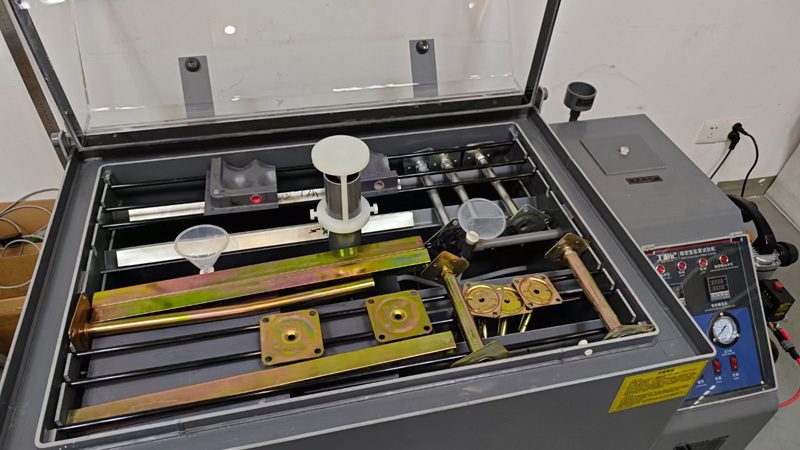Raised floor tiles, also known as access floor tiles or raised access flooring panels, are an essential component in modern building design for various environments such as data centers, basements, offices, and computer rooms. These tiles provide an elevated structural floor above a solid substrate (often a concrete slab) to create a hidden void for the passage of mechanical and electrical services. Here we’ll recommend the best raised floor tiles tailored for each specific environment.
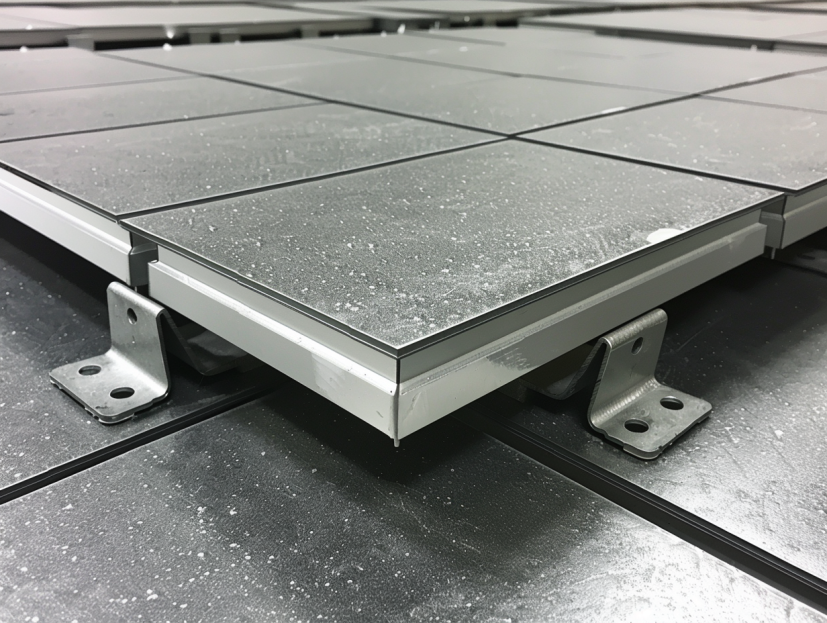
Best Raised Access Flooring Tiles (Panels) for Different Applications
When selecting raised access floor tiles for environments such as data centers, basements, offices, and computer rooms, one must consider not only the material and finish but also the dimensions and thickness of the panels. These factors play a crucial role in the installation, performance, and suitability for the intended use. Let’s delve into the best options for each setting.
Best Raised Floor Tiles & Panels for Data Centers
For data centers, cooling efficiency and the ability to handle heavy equipment are paramount. The raised floor tiles in these environments should be:
- Antistatic: To prevent damage to sensitive electronic equipment, antistatic tiles are a must.
- High Load Capacity: The tiles should be able to support the weight of servers and racks.
- Perforated or Grated: These designs allow for optimal airflow, which is critical for cooling the equipment.
- Dimensions: Standard tiles are typically 24 inches x 24 inches (610 mm x 610 mm).
- Thickness: The thickness can range from 1.25 inches to 2 inches (31.75 mm to 50.8 mm), with heavier-duty tiles being thicker to handle the extra load.
- Recommended Product: All Steel Raised Floor Panels with HPL finish are perfect for data centers. They offer excellent load performance and have an antistatic surface that is ideal for electronic equipment.
Best Raised Floor Tiles for Basements
Basement environments can vary, but generally, the focus is on moisture resistance and durability:
- Moisture Resistance: To prevent mold and water damage, raised floor tiles in basements should be resistant to moisture.
- Durability: Basements can be multi-purpose, so a durable surface that can withstand various activities is beneficial.
- Dimensions: Commonly used tiles measure 24 inches x 24 inches, though larger panels may be used depending on the layout and needs.
- Thickness: These panels are generally around 1.25 inches thick, providing a balance between strength and cost-efficiency.
- Recommended Product: PVC or Vinyl-covered Raised Floor Panels offer great moisture resistance and can handle a variety of uses, making them suitable for basement environments.
Best Raised Floor Tiles for Offices
In an office setting, aesthetics, cable management, and comfort are key considerations:
- Integrated Cable Management: Raised floor tiles in offices should allow for easy cable management to keep the workspace tidy.
- Aesthetically Pleasing: As part of the office decor, the tiles should have a pleasant appearance.
- Acoustic Damping: To minimize noise, tiles with good acoustic properties are essential.
- Dimensions: Office raised floor tiles also follow the 24 inches x 24 inches standard, which facilitates easy integration with office layouts.
- Thickness: A typical office raised floor panel might be around 1.25 inches thick to provide sufficient strength without excess material cost.
- Recommended Product: Carpet-covered Raised Floor Panels provide a comfortable and quiet surface, and they can easily blend in with the office design while offering integrated solutions for cable management.
Best Raised Floor Tiles for Computer Rooms
Computer rooms, similar to data centers, require tiles that support the IT infrastructure:
- High Load Capacity: To support heavy computer equipment.
- Antistatic Properties: To protect against static electricity that can harm computer components.
- Airflow Management: Adequate ventilation to prevent overheating.
- Dimensions: Like data centers, computer rooms favor the 24 inches x 24 inches standard, which aligns with rack dimensions and aisle spacing.
- Thickness: The panels are usually between 1.25 inches and 1.5 inches thick, depending on the expected load.
- Recommended Product: Woodcore or Calcium Sulphate Raised Floor Panels with an antistatic laminate or vinyl finish are excellent for computer rooms, balancing load capacity with antistatic protection.
Key Considerations When Choosing Raised Floor Tiles
When selecting raised floor tiles for any environment, consider the following factors:
- Load Rating: Ensure the tiles can support the intended weight load.
- Fire Resistance: Look for materials that are fire retardant for safety.
- Material: Materials like steel, aluminum, and woodcore affect the tile’s properties.
- Finish: Varies from basic laminates to high-end finishes like marble or terrazzo for different aesthetic requirements.
- Sustainability: Eco-friendly materials can be important for green building certifications.
Choosing the right raised floor tiles is crucial for the functionality and safety of any space that requires them. Data centers need antistatic, high-load-capacity tiles with airflow management, while basements need moisture-resistant and durable options. Offices benefit from aesthetically pleasing tiles with integrated cable management, and computer rooms require a balance between load capacity and antistatic properties. What’s more, when considering the dimensions and thickness of raised floor tiles, it’s important to factor in the specific needs of the environment and the equipment that will be used. The industry standard of 24 inches x 24 inches works well for modular design and ease of maintenance. The thickness should be chosen based on the load-bearing requirements and the desired level of access to the underfloor area. By considering the specific requirements of each environment and the factors outlined, you can select the perfect raised floor tiles to meet your needs. Always consult with a structural engineer or a specialist in raised flooring systems to ensure that the specifications meet both safety standards and functional requirements for your particular application. So for getting the perfect raised access floor tiles for your project, contact us now!
Huiya Real-Time News
Huiya Real-Time News is dedicated to providing you with the latest and most authoritative information on the raised flooring industry.
We provide 24/7 updates on industry policy interpretations, market trend analysis, company news.

匯亜、新たに塩霧試験装置を導入 OAフロアの品質防線を強化

회아, 새 염무시험장비 도입해 이중바닥재 품질 방호선 단단히 만듦
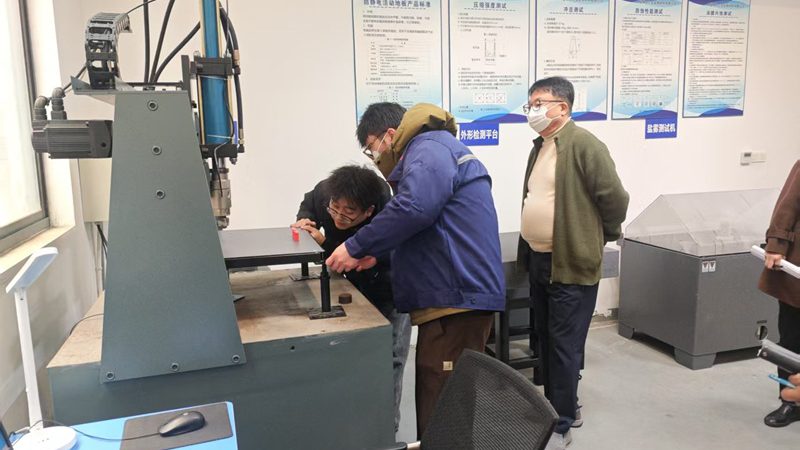
창주 회아 이중바닥재 회사, 한국 KSA 인증 획득하며 이중바닥재 공식 한국 수출 시작
MORE DOWNLOADS

GENERAL CATALOGUE
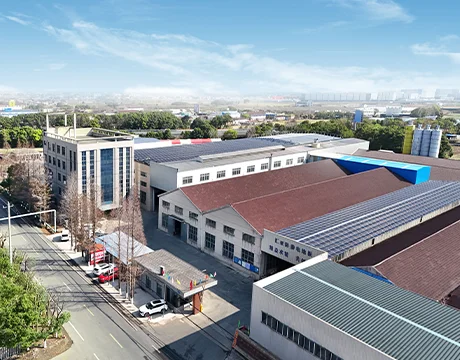
HUIYA INTRODUCTION

HUIYA GREEN LABEL
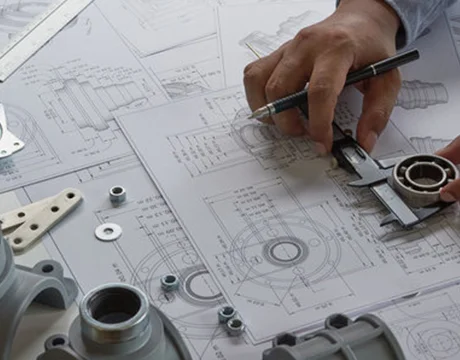
CAD/BIM FULL STEEL
APPLICATION SCENARIOS








